‘To escape the lockdown nightmare, put Covid into proportion’
Your digest of analysis and commentary from the British and international press
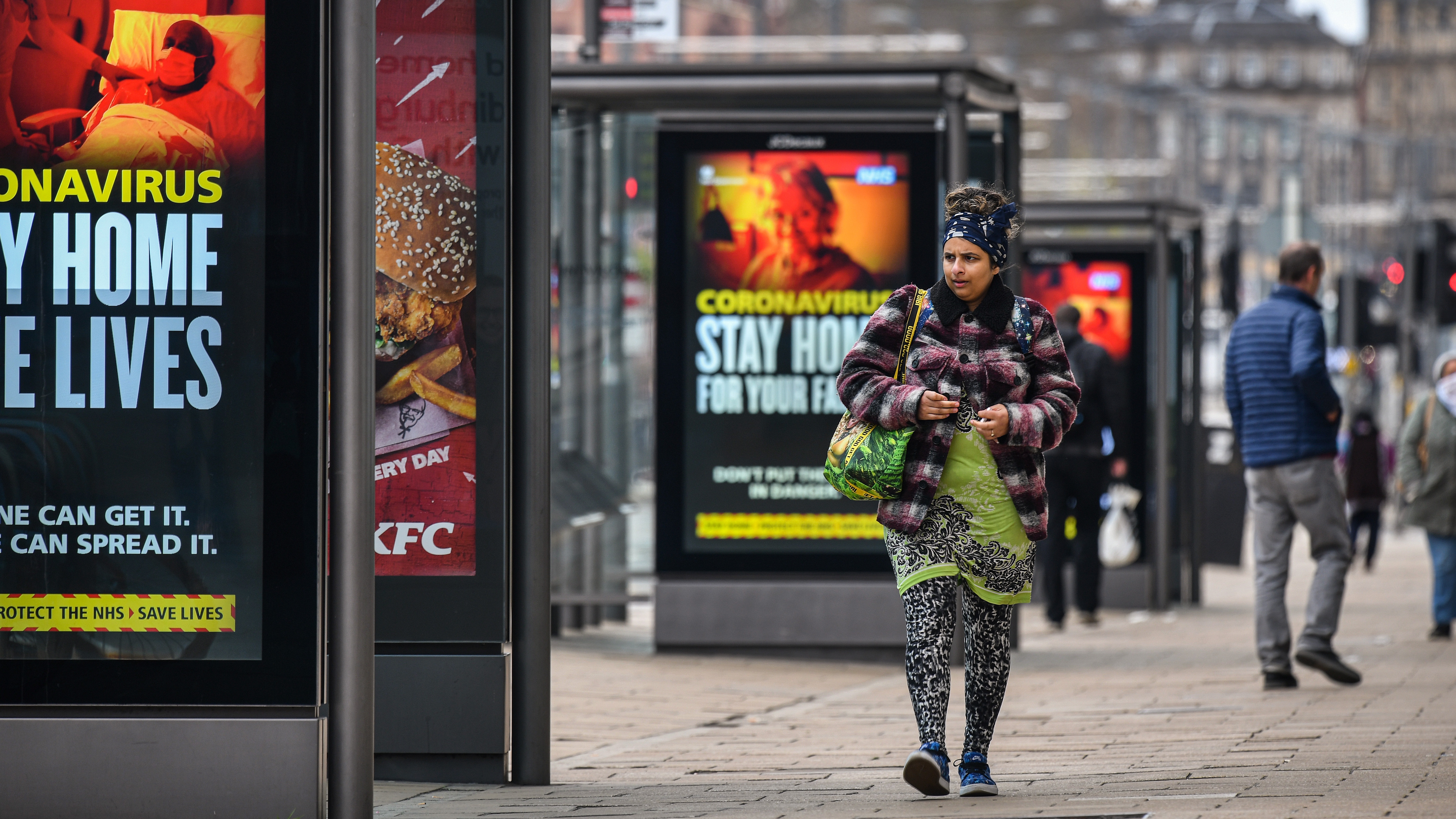
A free daily email with the biggest news stories of the day – and the best features from TheWeek.com
You are now subscribed
Your newsletter sign-up was successful
1. To escape the lockdown nightmare, put Covid into proportion
Philip Johnston in The Daily Telegraph
on living with the virus
“We cannot live our lives cowering in our homes or with the drawbridge to our island nation raised. After all, if the point of shutting our borders now is to prevent variants of the virus entering the country then when will they ever be reopened, since mutations will always occur? We had been led to believe that the vaccine was the route out of this nightmare and yet its arrival has prompted our politicians to adopt greater caution and impose even tougher measures. When we say we have to live with this disease, that means accepting that people will get it and some will die from it. This is not to be mean-spirited or to lack compassion but simply to recognise that being alive carries risks and they cannot all be eliminated. Had I been hospitalised by my dose of Covid (and, who knows, I may yet be in future), I hope I would still have taken the same view.”
The Week
Escape your echo chamber. Get the facts behind the news, plus analysis from multiple perspectives.

Sign up for The Week's Free Newsletters
From our morning news briefing to a weekly Good News Newsletter, get the best of The Week delivered directly to your inbox.
From our morning news briefing to a weekly Good News Newsletter, get the best of The Week delivered directly to your inbox.
2. This lockdown, my job in a supermarket has become more dangerous than ever
Anonymous in The Guardian
on being afraid at work
“Both anti-maskers and devout rule-followers can be troublesome. At the tills, people often pay with cash instead of cards, and regularly lean around screens to talk with cashiers. I’ve seen someone pull down their mask to wipe their nose with their hand before passing over their store membership card. Staff call the self-checkout area ‘the cage’: a small, Perspex-enveloped space in which it’s impossible to socially distance, where customers rarely stay two metres apart or move away when you arrive to untag their alcohol or fix a problem with the scale. Despite the risks they face, supermarket workers have received no extra support from the government. It’s hard not to feel unsupported and overlooked by the thousands of people we serve every day.”
A free daily email with the biggest news stories of the day – and the best features from TheWeek.com
3. Sexuality should never be a source of shame
Alice Thomson in The Times
on the sin of scapegoating
“People keep saying we couldn’t have known about Covid but those who lost anyone to Aids hadn’t forgotten. At the beginning of this epidemic when people were dying alone, when misinformation was being spread every day and when care homes were being victimised, it all came back... Aids also showed that clear messages are required from governments but scaremongering risks alienating people: what is most needed is practical help. Handing out condoms and clean needles was more effective than showing the young images of tombstones. Now, warning about mutant viruses and haranguing a few partygoers is less constructive than encouraging people to wear masks and get tested. No one should be scapegoated.”
4. Impeaching Trump gets more divisive by the minute
Michael Goodwin in the New York Post
on dividing the nation
“There are also other reports that some people arrived and entered the Capitol while Trump was still giving his speech, in which he said, ‘I know everyone here will soon march to the Capitol to peacefully and patriotically make your voices heard.’ Although both things could be true — that Trump incited the crowd and that others plotted an invasion — the plot angle further muddies the rationale for an unprecedented show trial against a former president. All things considered, common sense and America’s well-being dictate that Dems must let go of the past and focus on helping a ravaged, divided nation.”
5. Are vegans really better lovers?
Dr Kate Lister in The i
on plant-powered passion
“What do Romantic Pythagoreans, anti-masturbation fanatics, and Pamela Anderson all have in common? They all believe that meat does not maketh the man. Dr Kellogg and his knuckle-shuffle shaming crew saw meat as corrupting both the body and the mind. It is a view largely shared by both the Romantics and the modern vegan movement. But, whereas Dr Kellogg believed meat inflamed the passions, the Romantics and Pamela Anderson believe it dulls them. All these positions are more ideologically driven than they are factual. You can enjoy good sexual health and eat meat. Having said that, we are healthier when we eat less meat and more veggies, that is a proven fact – as is the link between meat and cholesterol; and that between cholesterol, vascular health and erectile dysfunction.”
-
 Sepsis ‘breakthrough’: the world’s first targeted treatment?
Sepsis ‘breakthrough’: the world’s first targeted treatment?The Explainer New drug could reverse effects of sepsis, rather than trying to treat infection with antibiotics
-
 James Van Der Beek obituary: fresh-faced Dawson’s Creek star
James Van Der Beek obituary: fresh-faced Dawson’s Creek starIn The Spotlight Van Der Beek fronted one of the most successful teen dramas of the 90s – but his Dawson fame proved a double-edged sword
-
 Is Andrew’s arrest the end for the monarchy?
Is Andrew’s arrest the end for the monarchy?Today's Big Question The King has distanced the Royal Family from his disgraced brother but a ‘fit of revolutionary disgust’ could still wipe them out
-
 ‘Irony’ as Zoom calls staff back to office
‘Irony’ as Zoom calls staff back to officefeature And other stories from the stranger side of life
-
 The U.S. veterinarian shortage crisis
The U.S. veterinarian shortage crisisSpeed Read With an anticipated shortage of 15,000 vets by 2030, it will be harder to get care for pets
-
 Company teaches mask-wearers to smile again
Company teaches mask-wearers to smile againfeature And other stories from the stranger side of life
-
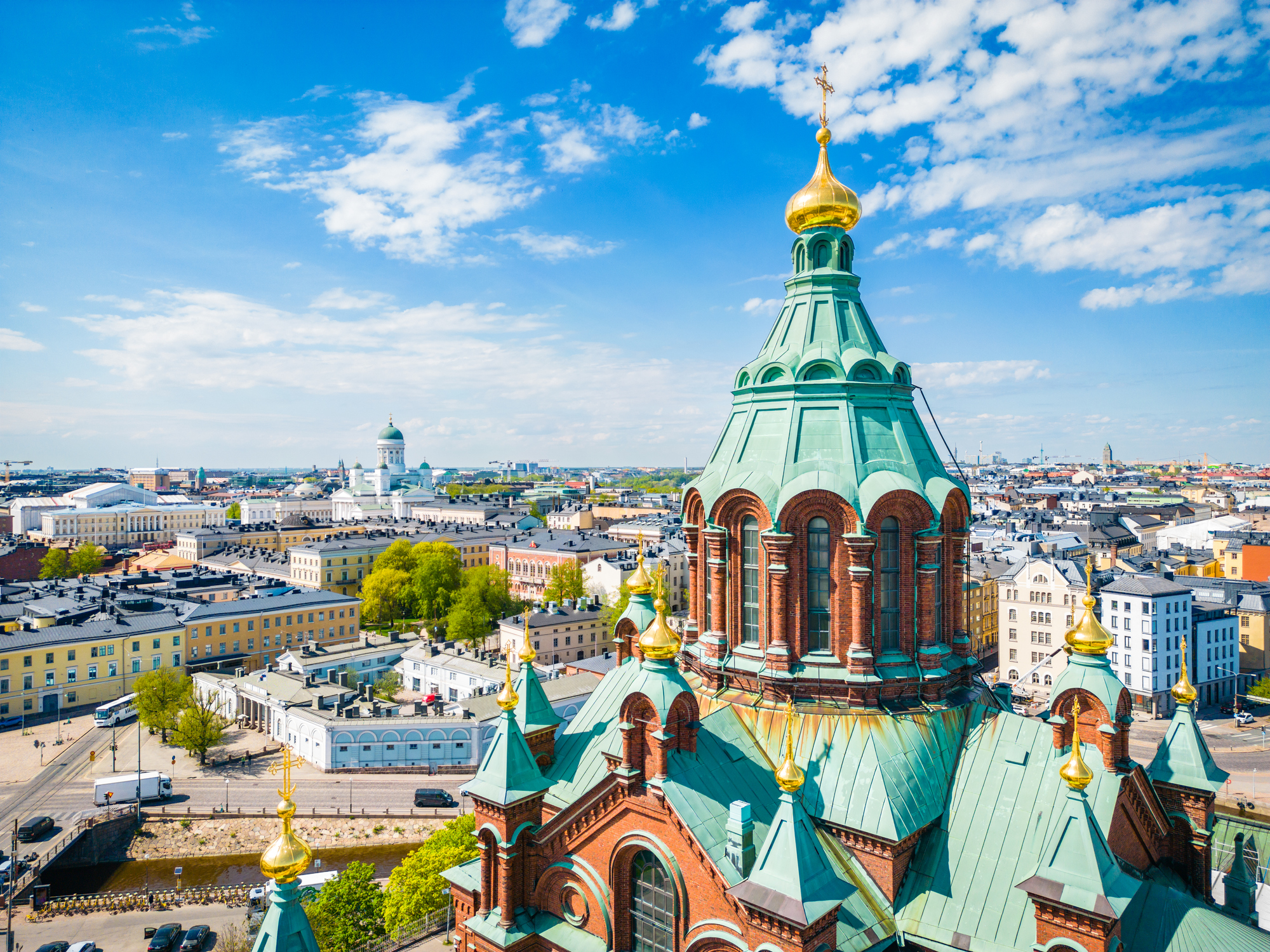 Global happiness has been 'remarkably resilient' over the past three years
Global happiness has been 'remarkably resilient' over the past three yearsfeature
-
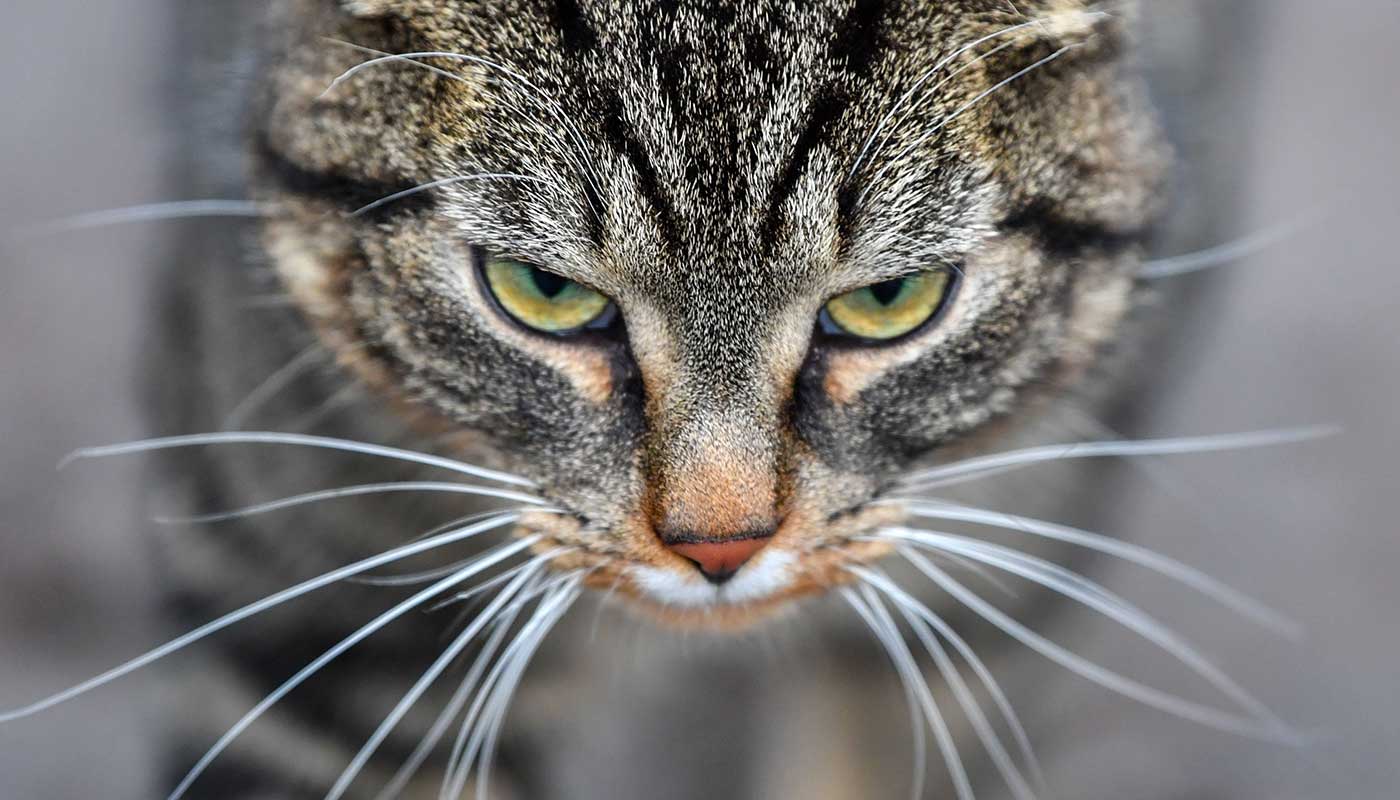 Ministers considered killing all cats during pandemic
Ministers considered killing all cats during pandemicfeature And other stories from the stranger side of life
-
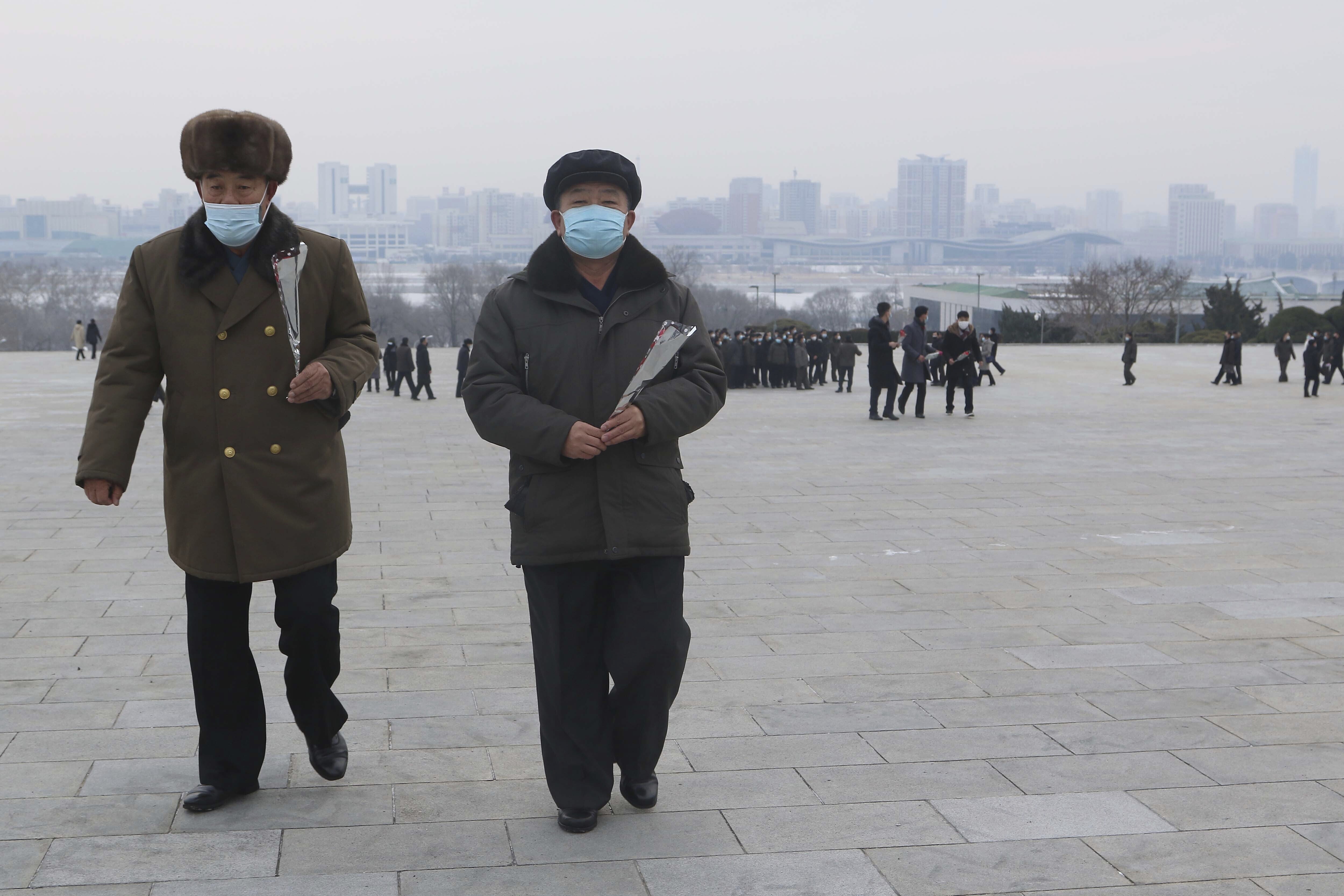 North Korea imposes 5-day lockdown on capital to fight 'respiratory illness'
North Korea imposes 5-day lockdown on capital to fight 'respiratory illness'Speed Read
-
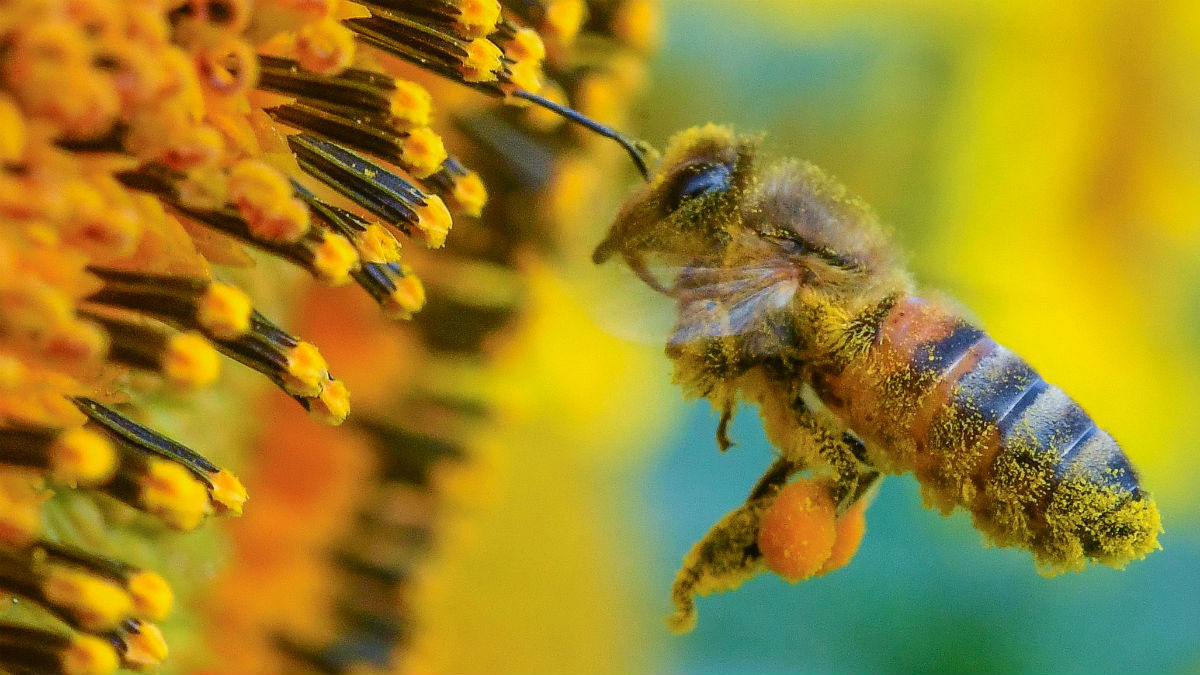 US approves world’s first vaccine for honeybees
US approves world’s first vaccine for honeybeesSpeed Read Development hailed as ‘exciting step forward’ in effort to halt decline in bee numbers
-
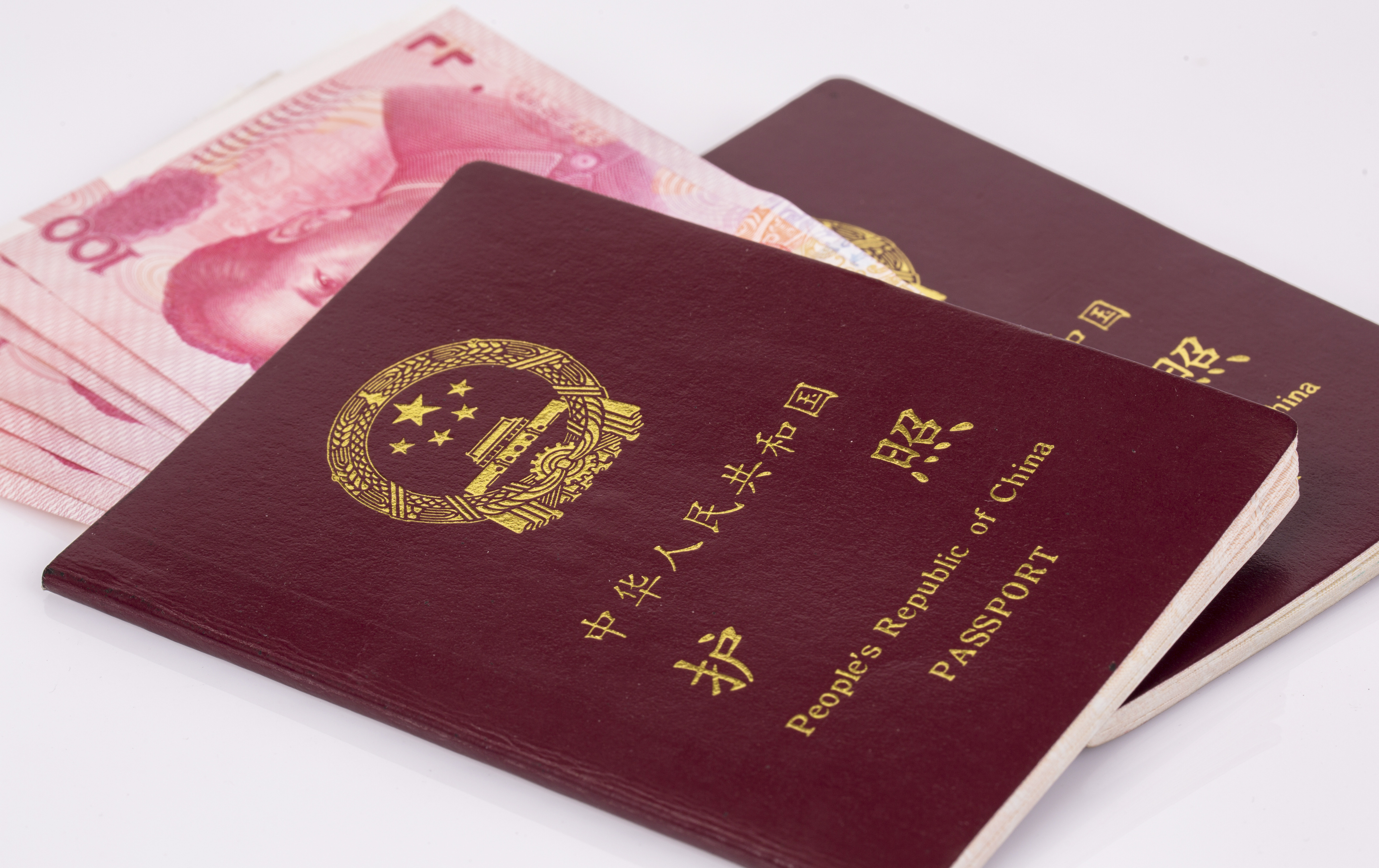 China to begin re-issuing passports in another reversal of COVID lockdowns
China to begin re-issuing passports in another reversal of COVID lockdownsSpeed Read